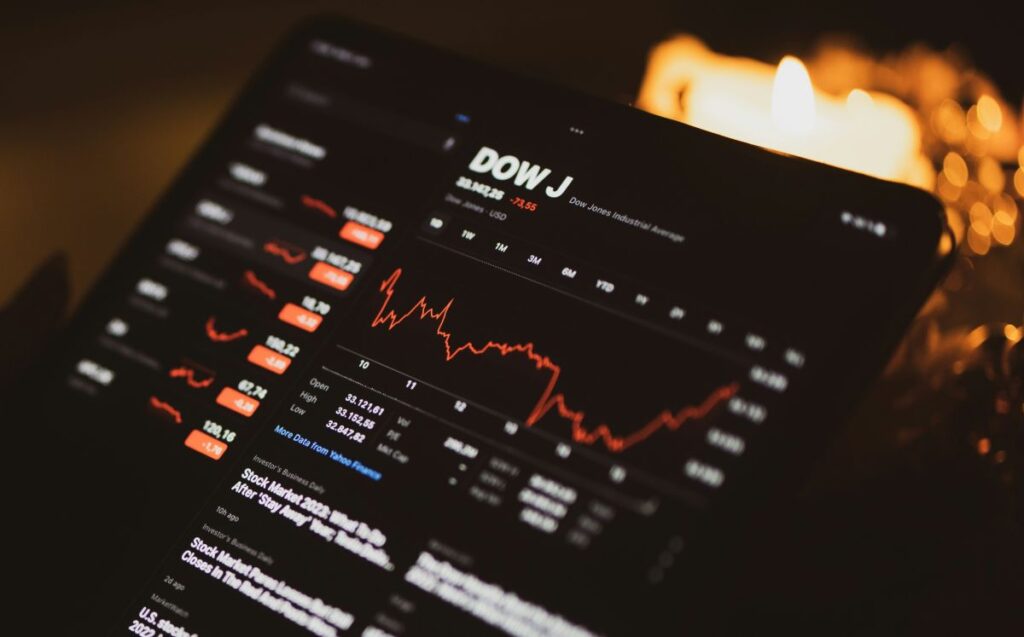How do you plan for the unexpected? After all, if it is unexpected, how do you anticipate it? The answer is you don’t plan for an unexpected event. Instead, you plan for the impact of an unexpected event. Although this post focuses on business situations, you should also consider this exercise in your personal life.
4 Possible Financial Shocks
The good news is there are only 4 possible outcomes from unexpected events:
- Income goes up
- Income goes down
- Expenses go up
- Expenses go down
Technically, there can also be a combination of those outcomes. For example, income can go down at the same time that expenses go up.
Instead of trying to anticipate what to do if another pandemic happens, plan what to do if your income dries up overnight. There could be any number of situations that can cause this to happen. Thinking of current times, the new Trump administration is slash spending in many government departments. Not only is this impacting government workers, there is a spillover to private business and non-profits who rely on direct and indirect government spending.

Income Review
You should review your income sources on a regular basis. Plan to do it at least annually when preparing the budget. Apart from considering your total income, consider your sources of income. You want to have several sources of income. For example, you could be a bakery with 1 large customer that is responsible for 90% of your sales. That’s great until you lose the contract. What do you do then? Another concern is getting most of your sales from one channel. If you rely on Amazon to sell and they change their algorithm, you could lose most of your sales overnight.
In these situations, you need to consider how to protect yourself by diversifying either your customers, your sales channel or both. It can be easy to get comfortable with a winning strategy that seems to be working year after year but as the last few years have shown, unexpected things happen and it is better to have a Plan B and not use it than to not have one and need it. Even if you don’t need a Plan B, it’s better to continuously modify and expand your business.
So far, we’ve talked about a decrease in income. Additionally, an increase can also be problematic. If you manufacture products, to sell more, you must make more. To make more, you have to buy more raw materials. You can get yourself into financial difficulties if you don’t carefully forecast your cash requirements. Another issue with increased sales is increased production. Do you have the systems in place to handle the increased volume without sacrificing quality? If quality goes down, you could end up in a worse situation if it starts to impact your brand.

Expense Review
There are many benefits for reviewing expenses periodically. The first is the ability to source cheaper inputs or higher quality products for the same price. By lowering your costs, you can either reduce your prices to gain market share or increase your margins and profitability. Just like being too dependent on a single customer, being too dependent on a single supplier is also dangerous. What happens if their business closes down or if they are acquired and are no longer able to supply you? The pandemic showed us what can happen to supply chains. If there are issues with sourcing from one country, you can turn to your back-up countries. In today’s scenario, the possible imposition of tariffs could make your products uncompetitive. It is a good idea not only to have multiple suppliers but also source from multiple countries.
It is easy to get lulled into a false sense of security. You started up your business and everything is going great. You’ve got a big customer that buys as much as you can produce. You have a great supplier that you love working with. What could go wrong? Who knows?
Thinking of the unexpected, consider the recent LA fires. While there is always the risk of fires, what if you lived or worked from one of the areas that burned to the ground? It is highly unlikely that something so drastic will happen to you. But the possibility is not 0%. Otherwise, no one would buy insurance.
When to Plan
One issue is finding the time to do this planning. While the budget process might be a time to consider these topics, I would not do it at this time. This is an exercise that should be considered on its own outside of the stress of preparing a budget. While budgets should be prepared annually, this type of strategic review does not have to be done every year. It can also be done in pieces. For example, salespeople can be challenged to expand the customer base. The next year, the manufacturing team could be assigned to find backup suppliers. Or, as you develop new products, you can source new suppliers for the new products to expand your list of suppliers. Once you have a working relationship with new suppliers, you can see if they would be able to supply other products if the need arises.

Financial Resilience
Banks only want to lend money to businesses that don’t need it. You don’t want to wait until you need money before you start looking for it. You should develop relationships with your bankers when times are good. Once those relationships are built, they can be lifesavers when you need support. Even if you don’t need a bank loan, at the very least, make sure you have a line of credit. It may cost you to have a line of credit that you don’t need but it will be worth its weight in gold should you need it in the future. If you don’t need it, the banks will be happy to lend it to you. Once you do need it, the goodwill you have built up will enable you to keep it.
Getting Started
To start this planning process, I would consider a few factors:
- What will take the longest to implement?
- What has the biggest impact on the business?
- Are there some easy quick wins?
I would probably start with some quick easy changes just to get some momentum. Then I would turn to the items that have the biggest impact on the business. By big impact, I mean if things went wrong, they could seriously harm the business. That includes diversifying customers or suppliers. Being too reliant on a few customers or suppliers could be very detrimental to the business. If you make it a habit to continuously review high risks to the business, you will be in a better position if things turn negative. By considering multiple options before they are needed, you will be one step ahead in resolving the issues faster.
